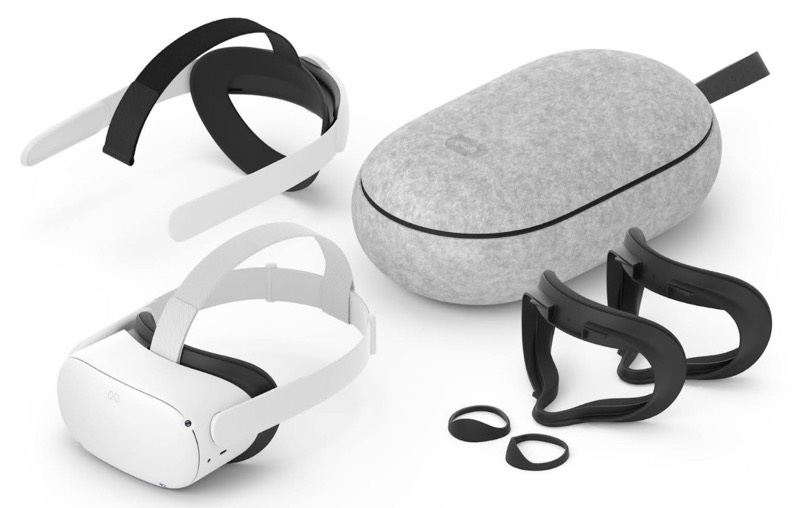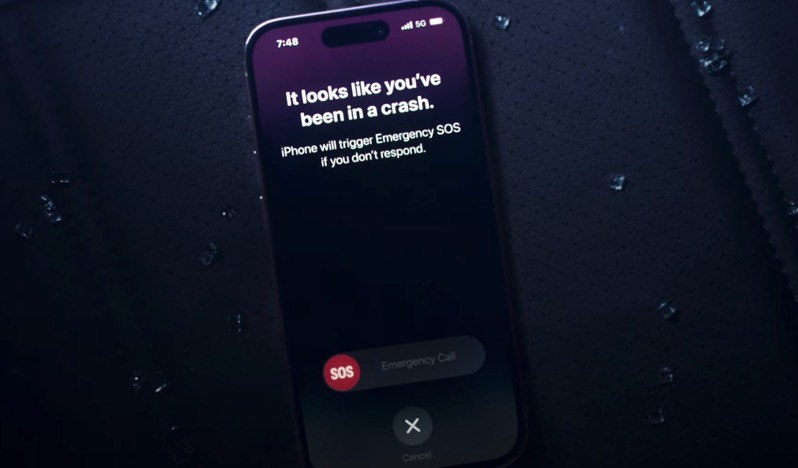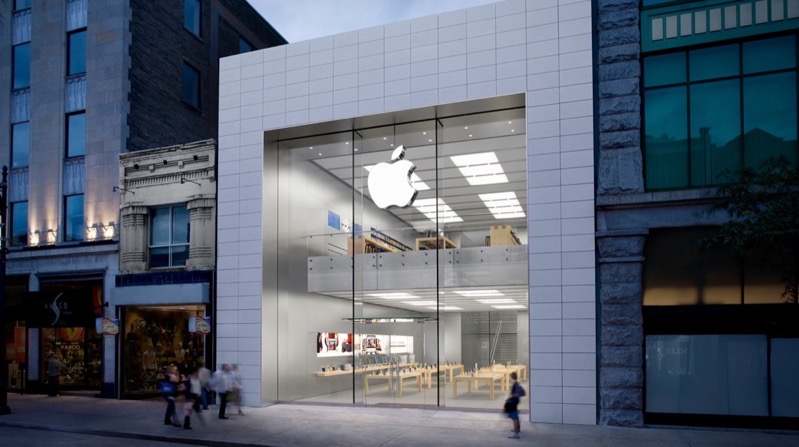
iPhone 14 Crash Detection Also Triggering False Emergency Calls in Canada

Apple’s new Crash Detection feature, available on iPhone 14 and select Apple Watch models, uses onboard sensors to detect a car crash and automatically contact emergency services if the user does not dismiss a crash alert within 20 seconds. Unfortunately, the feature isn’t accurate all the time.
Experts believe Apple’s Crash Detection system made its first erroneous emergency calls in Canada earlier this month (via The Globe and Mail).
Between December 10 and 12, there were at least three instances of Crash Detection sending up false flares for emergency services in British Columbia.
On December 10, an Apple Watch notified the Royal Canadian Mounted Police (RCMP) in Trail, B.C., that its wearer had been in a “severe car accident” in nearby Rossland and provided GPS details.
“Officers and [Emergency Health Services] conducted extensive patrols for the alleged motor vehicle incident; however, the search turned up empty,” the RCMP said in a news release. “Additionally, first responders did not receive a report of a motor vehicle incident in the Rossland area.”
RCMP officers ultimately deduced that the call was likely erroneously placed by Apple’s new safety feature. “The investigating officers concluded that someone may have fallen while skiing at the local resort and the fall triggered the ‘severe car accident’ alert.”
On the very next day, a snowmobiler’s iPhone sent an emergency SOS from B.C.’s backcountry. The alert led to an extensive search that included a helicopter flight, sent RCMP officers in Alberta doorknocking, and left taxpayers with a $10,000 bill.
“We’ve been waiting for the Apple problem,” said Kyle Hale, the manager of Golden and District Search and Rescue (GADSAR), which conducted the search, in an interview. “We kind of anticipated [Sunday’s call] being a false activation, but we had to resource it, so we got in a helicopter and flew 40 minutes out into the middle of nowhere.”
GADSAR managed to find the snowmobiler, whose iPhone had sent out the distress signal, unharmed but embarrassed. Hale estimated that the search cost $10,000, paid for by the province.
On December 12, emergency services received a pair of crash alerts with GBPS coordinates from within the Kicking Horse Mountain Resort. The mountain’s ski patrol checked the suspected crash sites but didn’t find any injured skiers or snowboarders. They concluded that the calls were false alarms as well.
Similar behaviour has been reported over the border in the U.S., where Crash Detection has mistaken everything from rollercoaster rides to an iPhone flying off a bike for motor vehicle crashes.
Crash Detection is enabled by default on all compatible devices. Search-and-rescue leaders in Canada argue that Apple needs to calibrate the feature’s sensitivity and get it really dialled in for accuracy. They also want the tech giant to consider making Crash Detection an opt-in feature, which would allow users to turn it off in situations where they believe it could be falsely triggered.
“I don’t think [Apple] accounted for the people in British Columbia who love the outdoors and go into the backwoods and literally crash through the backwoods, whether it is on mountain bikes, whether it is on skis,” said Dwight Yochim, a senior manager at the B.C. Search and Rescue Association, which made contact with Apple to voice its concerns. “It clearly doesn’t take a whole lot to trigger it.”
Apple worked with the B.C. Search and Rescue Association and North Shore Rescue to address the issue. The company optimized Crash Detection to improve reliability in iOS 16.1.2 and added the ability to report false alarms in iOS 16.2. “Users are encouraged to get the update,” said Apple.
What’s more, search-and-rescue organizations are concerned that Crash Detection may give adventurers a false sense of security, deterring them from carrying safety gear such as avalanche beacons and satellite communications devices (which the iPhone 14 can also function as, to be fair).

